what everyone needs to know about quarts slab could be that about 10 percent of the volume of material in a quartz slab is not stone at all, but a polymer binder or cement which is widely available today at cheap cost per meter, square foot… And the other 90 percent? Granite, marble and natural stone waste or processed industrial waste such as ceramics, silica, glass, mirrors, etc.
Yes, maybe some real quartz – sometimes maybe a lot of it. All of these stone materials are mixed together and held together by binders, which is what gives a so-called quartz slab the look and feel of stone.
More precisely, quartz slabs should be called engineered stone or complex stone – terms that more accurately describe the way this product is created. The industry, in fact, increasingly uses the term engineered stone to refer to these types of boards.
Bottom line: quartz countertops may contain more or less real quartz, but they do not contain hard quartz that is mined from mines and may contain many other materials.
In 1963, the technology for making engineered stone was developed by the Breton Company in northeastern Italy, which licensed the process under the Bretonstone trademark.
More than 50 years later, Breton is still going strong and producing quartz countertops. The process involves combining natural stone aggregate with a mixture of polymers, removing air, then heating and shaping the material into slabs that have the hardness and appearance of natural stone.
Bretonstone technology is licensed to more than 50 companies worldwide, including well-known quartz brands such as Silestone, Cambria and Caesarstone. While these manufacturers add their own characteristics and nuances to their engineered stone slabs, they still work from that original brevetto or patent from Breton.
Some forms of quartz countertops now include shards of mirrors and other glass, shards of bronze metal, and various combinations of granite and marble. A lot of effort goes into creating blends that create a unique look.
Cambria is a brand that represents a large part of the US market for quartz countertops, but few people know something interesting about this American company: The company also makes cheese.
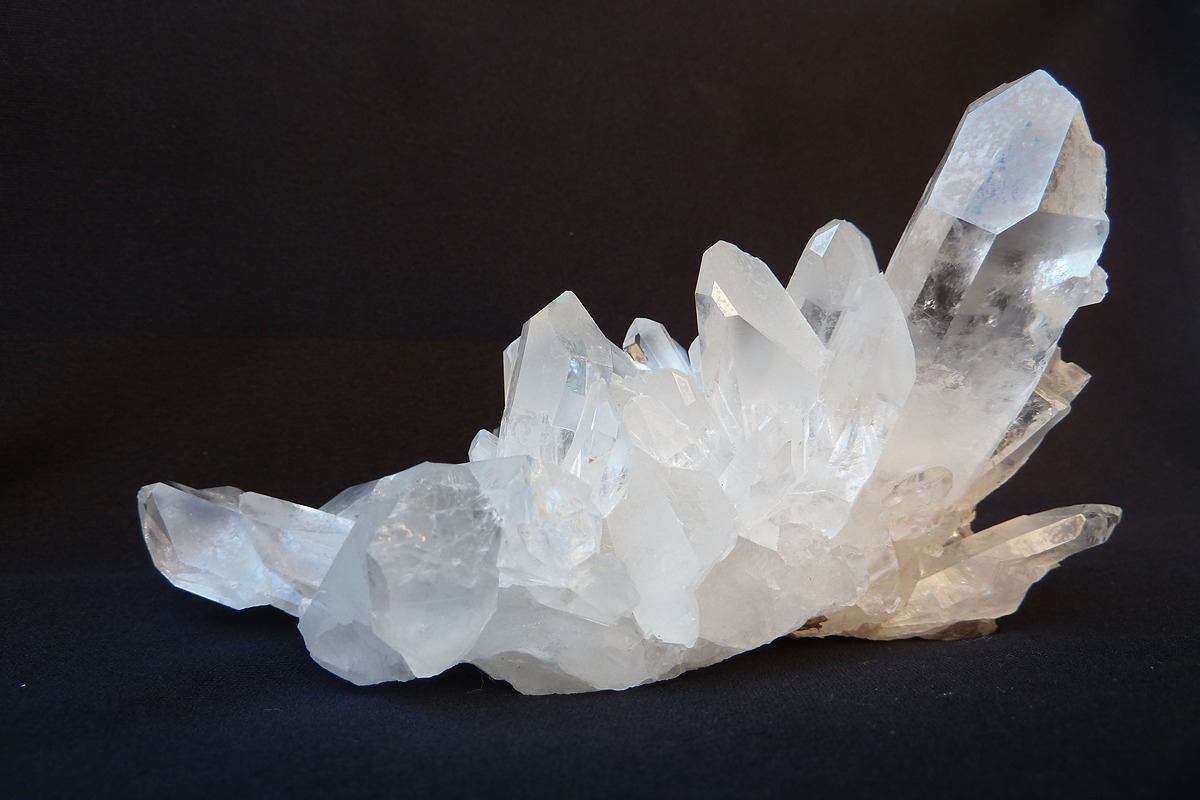
The Davis family business, now located in Eden Prairie, Minnesota, began in the 1930s as a dairy business that gradually evolved into a conglomerate of several companies, St.
Peter Creamery, Le Sueur Cheese Company and Nicollet Food Products. It wasn’t until 2000 that the Davis family began entering the engineered stone business by purchasing quartz processing equipment.
Even today, the Davis family business supplies Kraft Foods with nearly a third of a billion pounds of cheese each year.
The trade name Bretonstone is not related to the word Breton, a term referring to the people of the Brittany region of France.
Bretonstone was actually built more than 900 miles away in Brittany, at Castello di Godego, which itself is about 20 miles from Venice, Italy.
Breton is a portmanteau of the word Bretonstone – a compound word consisting of bre (for brevetti, roughly meaning “patents”) and ton (for founder Marcello Tonselli’s surname).
Fiberboard gets a lot of bad rap as a building material, but you can say this: No trees are cut down to make fiberboard. The same goes for.
engineered stone countertops. 90 percent of the stone-like materials that make up the base of quartz slabs are all waste products from other mining or processing processes. No natural stone is mined solely for use in quartz countertops.
Even the resins, which make up the remaining 10 percent of quartz countertops, have become more natural and less synthetic.
Breton’s trademarked term for this ingredient is “biolen resin,” which refers to a combination of synthetic and organic resins, the latter derived from non-edible vegetable oils.
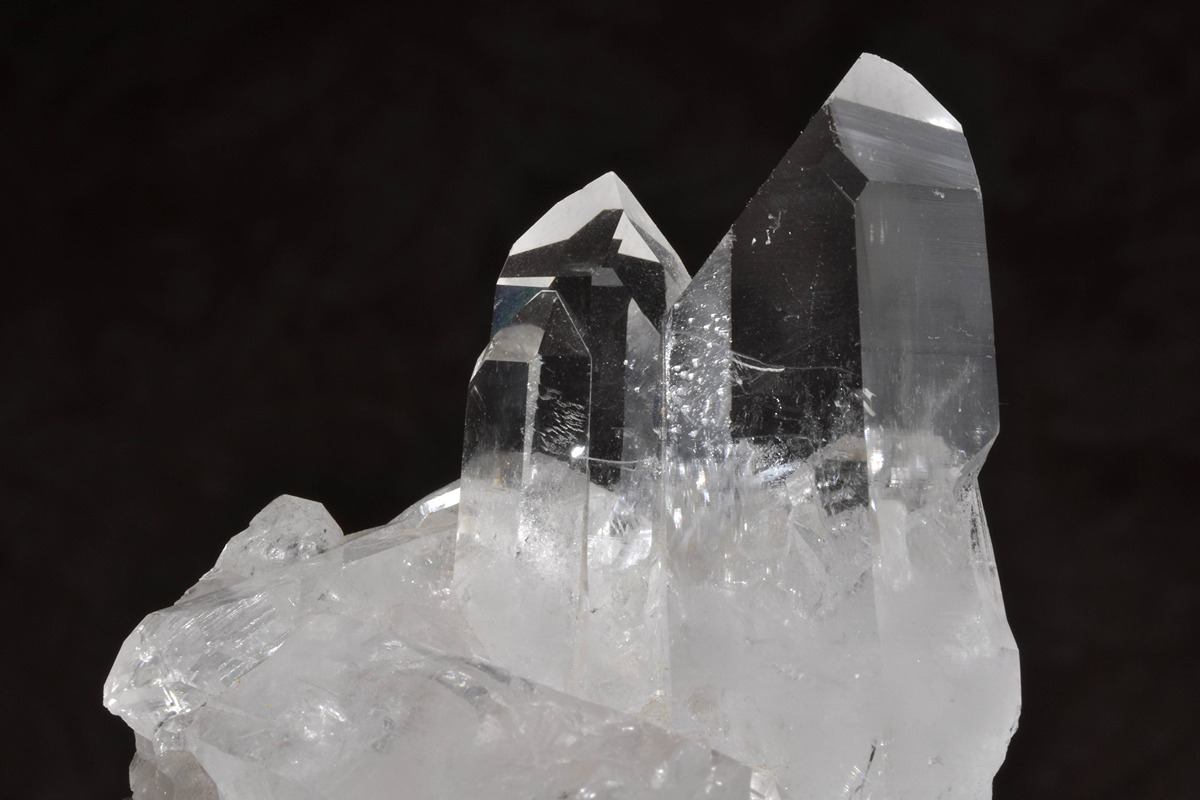
Homeowners consider quartz when it comes to kitchen or bathroom counters. But most quartz is cut into giant sizes for things like shopping malls, airports, and Prada floors. Surely you have walked on quartz countertop material and not even know it.
Quartz became popular because the first material developed by inventor Marcello Tonselli was small slabs about 12 x 20 inches that were cut and used for floor tiles.
Countertop applications only came years later. Indeed, even in the mid-1970s, slabs measured only about 50 inches long—hardly a size that anyone would call plank-worthy.
Over the years, quartz has tried to play the natural stone game. It has sought to develop its reputation as a more durable, less porous, and more easily constructed version of slab granite.
The quartz-to-granite material still dominates the market, with quartz, seemingly without exception, being the most popular part. Caesarstone is an example.
As if “contemporary” wasn’t a trendy category for consumers, Caesarstone has an “ultra-modern” category with offerings like Apple Martini, Blizzard and Crocodile.
More quartz means lower prices for graniteAccording to a report by the Freedonia Group, quartz countertops are taking over the granite market.
But there is a positive side for those looking to install granite: low prices due to low demand. Freedonia notes that “the cost of granite has decreased over the past decade, making this material more available.”
quartz slab cost per square footAccording to HomeAdvisor, quartz slabs will cost between $50 and $200 per square foot to purchase and install. with an average price of about $75.
because there is usually 10% resin on the quartz surface, hot plates or pans placed directly on top of the countertop can cause a white, dull color. Quartz countertops can also be expensive.
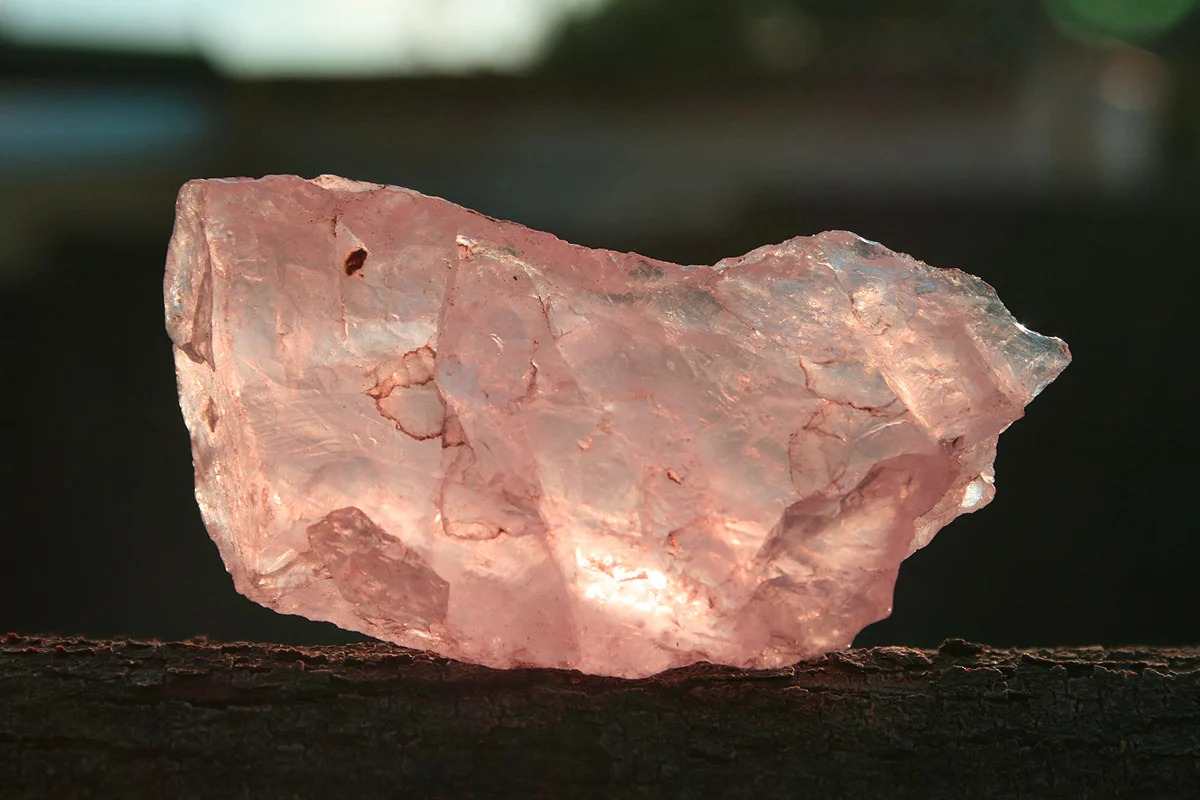
What is the difference between high quality and low-quality quartz countertops?
The biggest difference between high quality and low-quality quartz countertops is the amount of resin used. Low quality quartz has 12% resin and high-quality quartz has 7% resin.
Is there a difference between quartz and quartzite countertops?
Quartz is a manufactured material mixed with other stones and resin, while quartzite is pure natural stone. Quartzite looks like marble or granite with fine veins and usually costs more than $10 per foot.
Quartz countertops are made from the hardest minerals in the world. It is the most durable option for the kitchen. They are also the most eye-catching.
It comes in a variety of colors such as fire truck red and apple green. Including earth brown, dark cream, sparkles and streaks to make it look like granite and marble. But unlike the mined natural stone, these strips are factory engineered.
Is quartz better than granite?
The main ingredient is quartz ground (about 94 percent) combined with polyester resin for adhesion and pigment. for some design A small amount of recycled glass or metal flakes is added to the mixture. The resin makes these countertops stain and scratch resistant—and non-porous. So there is no need to seal it.
compared to granite The reigning king of high-end counters. This typically requires a new protective topcoat at least once a year.
Historically, the biggest drawback compared to quartz has been the lack of pattern and variety of colors you find from natural stone. But that’s a moot point right now.
All manufacturers offer polychrome slabs with enough bend, swirl and random patterns. to make it almost indistinguishable from the real thing
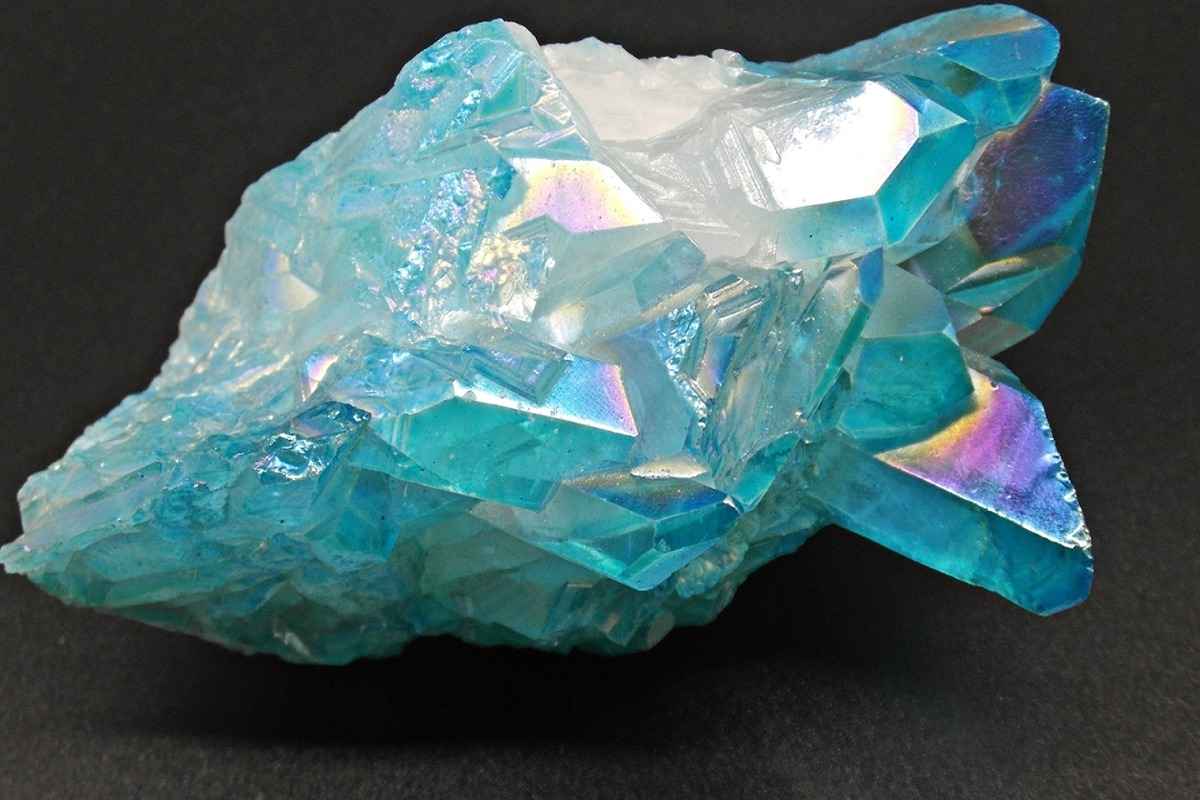
They only exist once in a shiny skin. Now you can buy it anywhere with a pale, sandblasted or embossed treatment, so if it’s a matte limestone look textured slate or any shiny granite you want There is a quartz counter for you. Read on for help choosing what’s right for your budget.
Cooking and cleaning needs and your style We will discuss the advantages and disadvantages of quartz countertops so that you can choose the best one.
How much does a quartz counter cost?
Expect to pay as you would for natural stone, about $60 to $90 per square foot. including installation
How do quartz counters work?
natural quartz crystals are mined It is then crushed into dust or aggregates that are fused with resin binder under high heat and pressure to form a hard film. The pigment added during the process gives the countertop color.
as well as natural stone Quartz slabs are very heavy. And while the added resin makes the resin more flexible. But they can break if not handled properly. Only works with certified installers.
How long?
as long as you have a kitchen Quartz countertop manufacturers offer a lifetime warranty of 10 or 15 years, depending on the company.
Is quartz countertop right for you?Here are some pros and cons to consider when deciding on quartz.
Unlike natural stone or wood, it doesn’t need to be stamped. Just wipe with soap and water for daily maintenance. Stains on the surface can be removed with a gentle scrub. Avoid dulling strips and harsh chemicals that can break the bond between quartz and resin.
Resin binders prevent porous quartz countertops, preventing bacteria, mold and odor-causing mold from entering the surface.
Some manufacturers offer jumbo slabs for continuous counter running. But even with a standard screen, usually 60 x 120 inches, the seams are almost invisible.
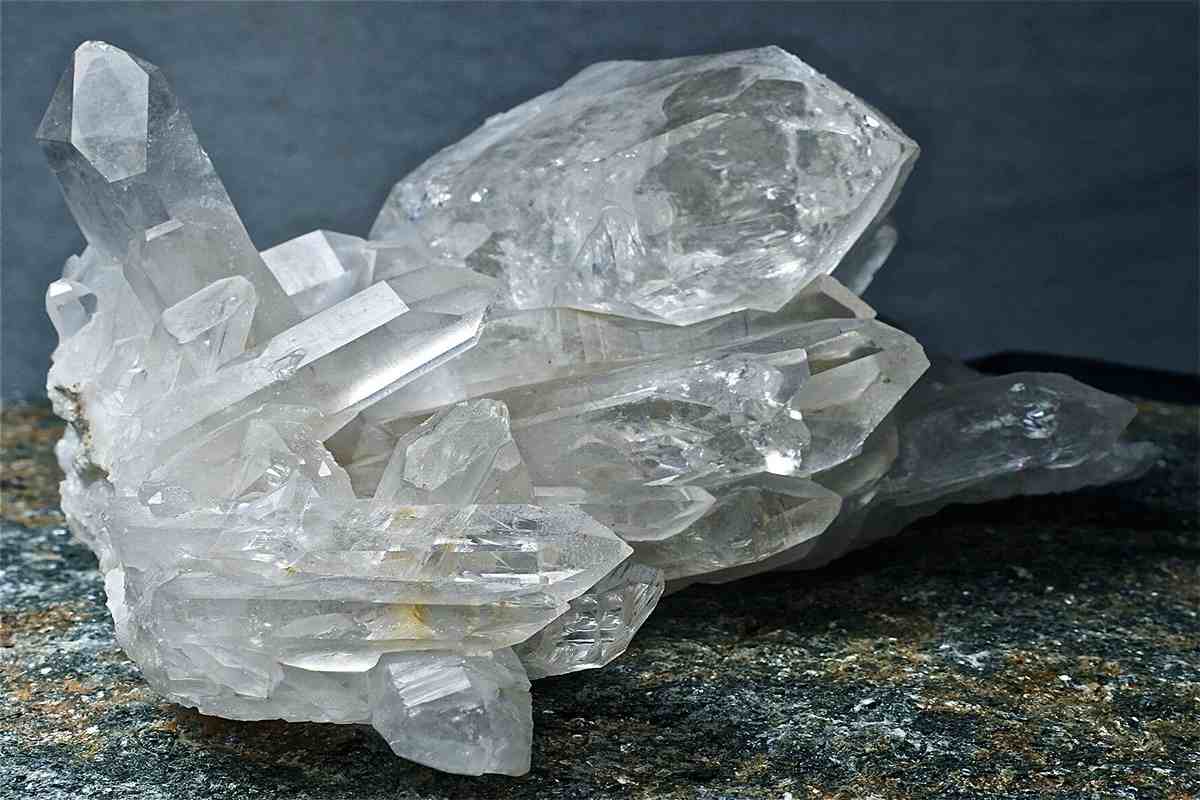
The added resin allows for cleaner cuts without stone chips. Resin also makes quartz more flexible than natural stone.
This allows builders to bend and mold it into a basin or the side of a curved island. And it’s versatile enough to be used on floors and walls—builders can cut slabs into standard tile sizes.
If you are in the market for a new kitchen counter. You probably have a question: what is quartz made of? And then these things: Is quartz expensive? What makes it sustainable?
What are the advantages and disadvantages? etc! So many questions! You see, quartz has been incredibly popular for the last 10 years or so. People still don’t know much about it let’s see!
What is quartz made of?
Quartz countertops are man-made stone countertops. It combines about 90 percent slab quartz (a natural hard mineral) with 8-10 percent resins, polymers and pigments to create a very hard granite-like surface Appearance Depends on the form of the quartz: Rough quartz gives a striped appearance. while fine quartz gives a sleek look.
What are the main brands of Quartz Countertops?
The Italian company Breton owns the patent for the production of quartz and resin solid surfaces all other companies use this patent for their branded quartz countertops such as Silestone, Corian, Cambria, Caesarstone, Avanza, Technistone.
What is the environmental impact of quartz?
Small to medium! Quartz is the second most abundant material on Earth’s crust. (Which is a good thing), but the acrylic resin used in quartz countertops is a petroleum byproduct.
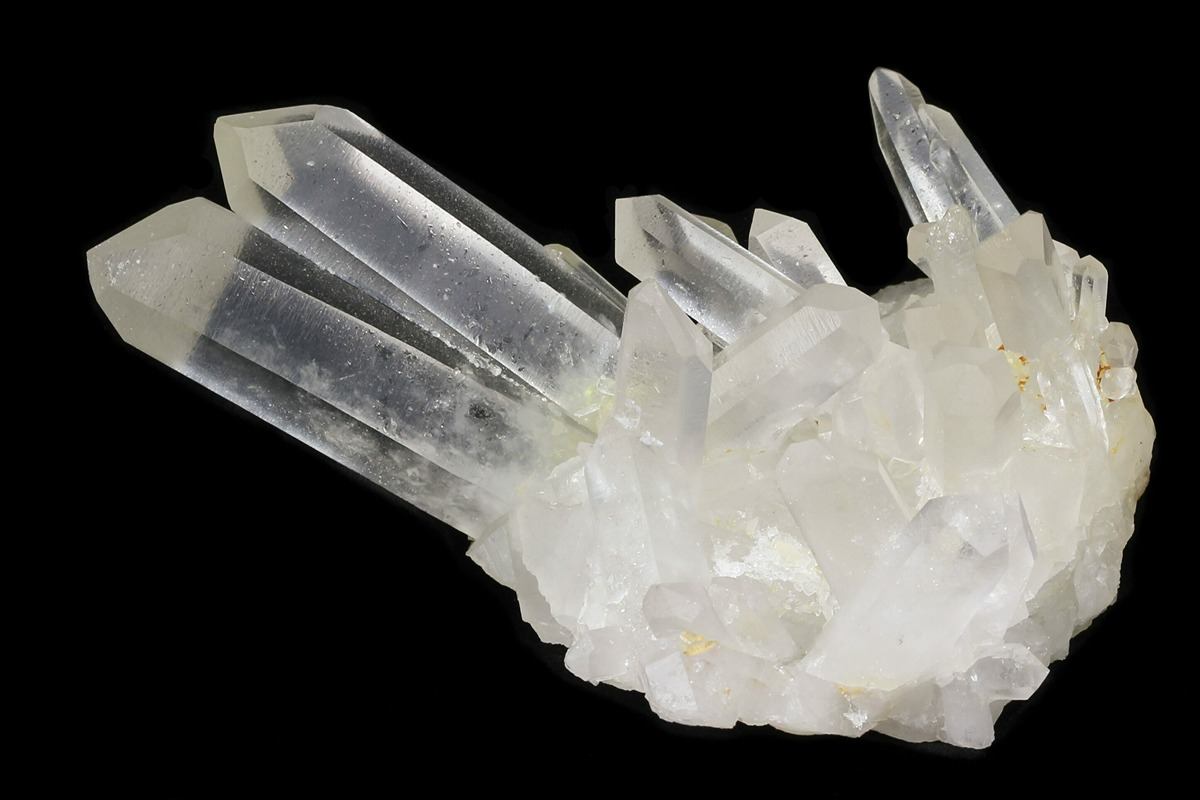
and are usually alumina trihydrate fillers made from bauxite. which is mainly mined under toxic conditions. But countertops in developing countries are still very durable and non-porous.
In addition, several leading brands such as Formica, WilsonArt, Silestone are certified as low emitters by GreenGuard while other brands such as Cambria Quartz are mined and made entirely the USA
What are the benefits of quartz countertops?It is very hard and durable.There is a gloss
It is porous and resistant to stains and cracks.Sealing or sealing is not required.There are many characters here.Easily cleanable with mild soap, water and a soft cloth.Here are some comments from people who have used quartz calculators.
“I just upgraded my counter. And after weighing all the pros and cons of the material, I therefore opted for quartz. Not only is it durable and virtually maintenance free you also have a wide selection of colors to choose from”.
“I am very happy with my Quartz. Pigmentation is good without being too ‘disco’ or ‘boring’.No chipping, no smudging or scratching after four years.
Good for pastry and cold – in fact, that might be the worst aspect: put your bread in it for a while until you get jam and you start again. But the heat dissipation property is also good for freezing things like wrapped pancakes or thin steak.”
Quartz countertop slabs are seen on the market as an alternative to stone that does not crack or break easily. They are made by mixing crushed quartz mineral with resin pigments and molding them into slabs.
Early quartz countertops were only available in cream and brown. Although various colors have been added to make it look attractive.
Caesarstone has created quality quartz countertops and slabs. (93%) loose quartz and has been available since 1987 in a variety of colors, patterns and finishes.
In this article, we will discuss why quartz countertops are worth the investment. If you are thinking of renovating your kitchen or bathroom.
Caesar Stone 5133 Symphony Gray 1858 in Modern kitchen with island
5133 Symphony GrayQuartz countertop slab
Quartz is an inexpensive alternative to marble, granite and other common stone countertops. In addition to quartz, quartz countertop slabs also contain up to 15% resin (a type of synthetic plastic). Low quality quartz will inevitably cause surface scratches and burns.
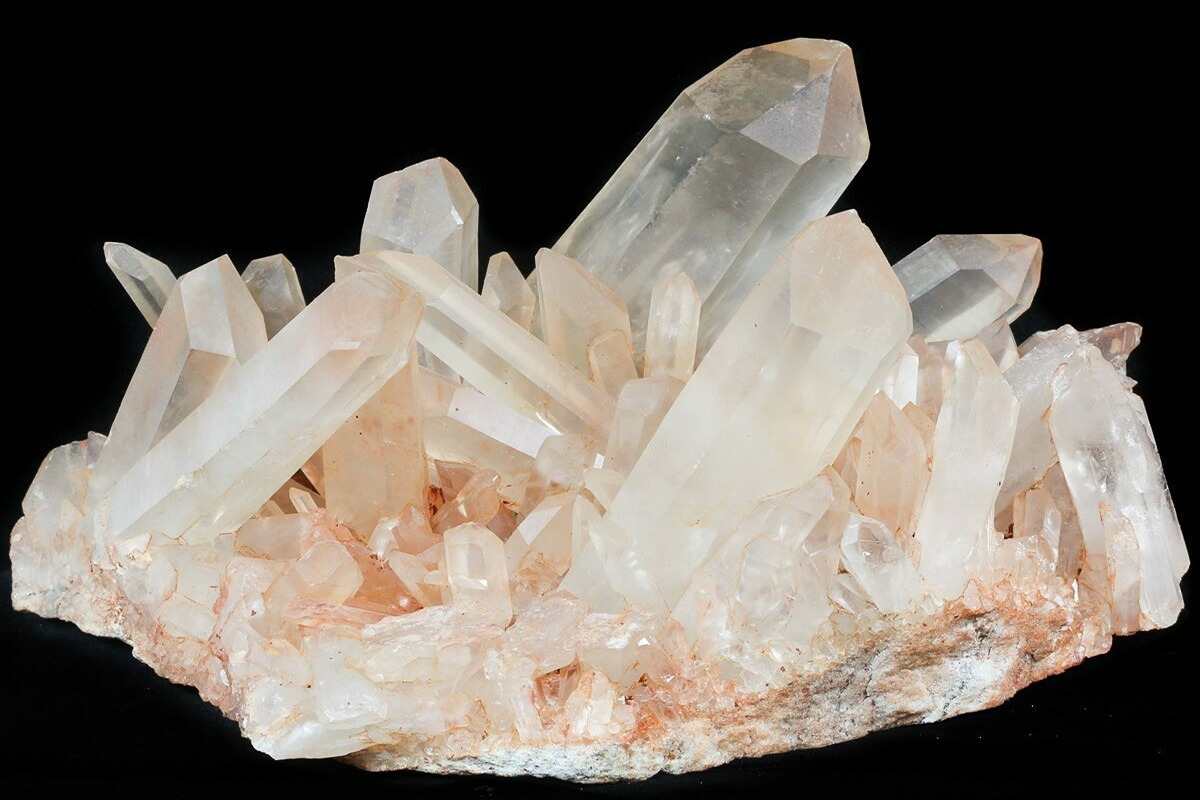
Benefits of quartz countertopsIn determining whether or not quartz countertops are worth the investment. First of all, you need to be aware about the advantages of quartz over other materials.
Over 50 years in this industry this product has earned the trust of the customers. This has proven to be a durable and versatile material.
Quartz countertop slabs compliment the light. Bring elegance and value to your home. Its beauty is almost like a naturally formed stone.
Quartz countertop slabs are made from durable synthetic materials. Why it is so hard it is made of 70-90% crushed minerals and 10-30% cement-based resin binders.From the manufacturing process it is known as engineered stone or mixed stone
These quartz countertops have a resin binder. This makes it less brittle and more scratch resistant than granite. Quartz countertops are porous and do not require additional sealants.
Quartz countertop slabs, like many stones, increase the resale value of a home.
These countertops are more porous compared to marble, concrete or granite. This is a huge plus in terms of hygiene. Its porous nature makes it difficult for fungi, viruses and bacteria to grow.
This mineral has more configuration and customization options compared to granite. Because quartz countertops are made of chemicals. Therefore, imperfections are less resulting in less waste
5133_Symphony-Grey_CU_Scenario_2-1920X10805133 Symphony GrayCleaning and maintenance tips for quartz countertop slabs
Quartz countertops are exceptionally easy to clean and maintain. Because it contains resin they require little to no maintenance.
It can be washed with soap and a damp cloth There are some things to keep in mind when it comes to maintaining quartz countertops.
Spills like ketchup, lemonade, champagne, and coffee require quick cleanup.For stubborn stains, a damp cloth must be used. and mild detergents
It is essential to stay away from harsh chemical cleaners. They can destroy the resin adhesion and erode the purity of the product.Do not use too much dishwashing detergent as this can dim the shine of the floor tiles.
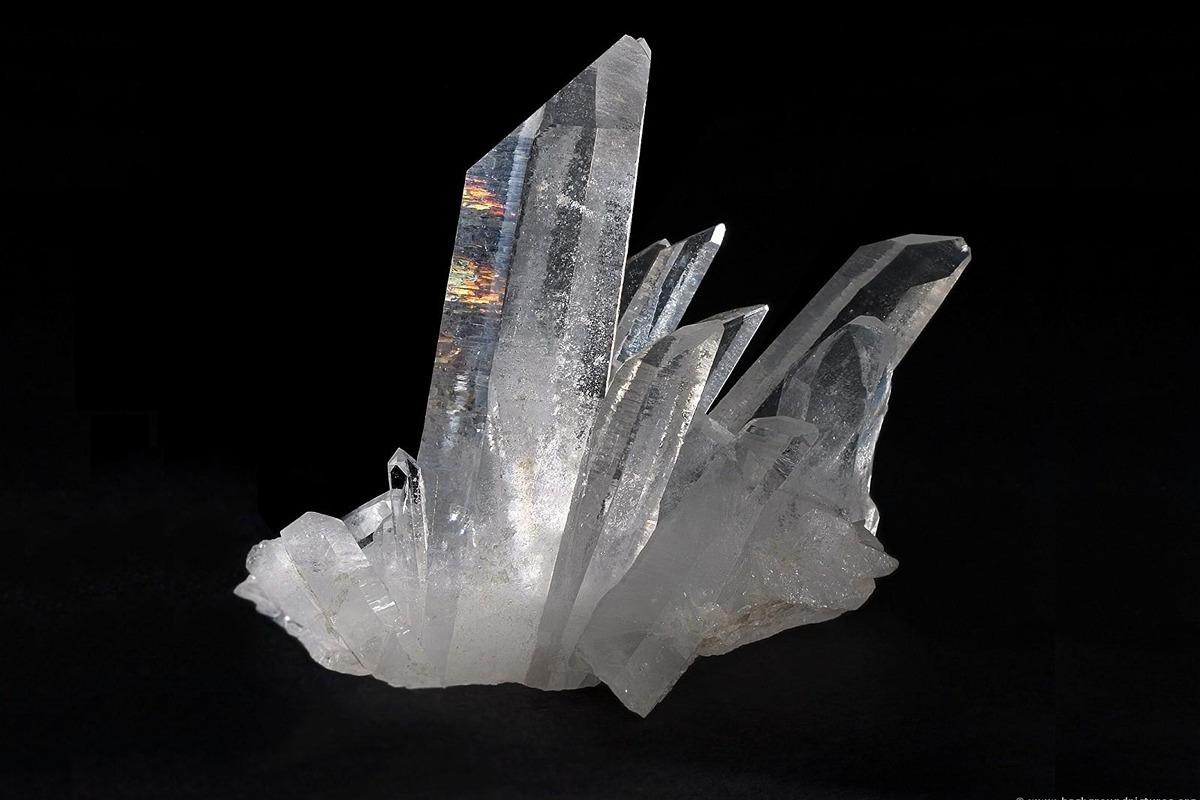
Quartz is very hard but scratches easily and it is always recommended to use a cutting board.To avoid a drop in temperature. Use a hot plate or tripod.Factors to consider when buying quartz countertop slabs
With the growing number of products on the market, these counters are becoming more accessible and affordable. Many brands claim to sell the best quartz countertops. So buyers need to consider important factors such as price, warranty, letter size and style that each brand offers.
To summarize and buy the best quartz countertop slabs for your home. Consider the following factors.Price and Cost of Quartz Countertop Slabs
Different products have different prices which are influenced by many factors. Model complexity, sheet size, delivery, and other associated costs are some of these variables.
Warranty period of various brands
The after-sales service of each brand is unique. and represents the promise of the brand. Manufacturer warranty and exchange-warranty terms of service vary Caesarstone Outdoor Collection offers a lifetime warranty on all designs except (10 years).
Quartz countertop slab size
Quartz slab seams are noticeable, it should be repaired so they don’t stand out. Use a slab wide enough to cover all or most of the surface with minimal seams.
Modeling, designing and styling quartz countertop slabs.Each brand has a different look, feel and texture. In the end, which brand you choose is largely dictated.
My company has for decades been leading the market in both supply and export of quartz slabs to the entire countries around the globe for over decades and is hence gently honored to invite all dear customers and traders to browse our wide variety of products through the link above the page and experience the best purchase ever in your life.
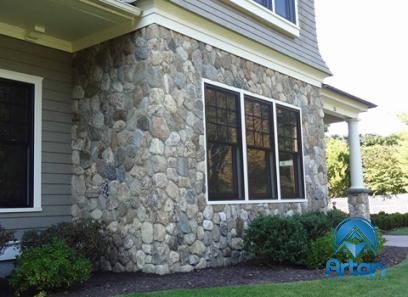
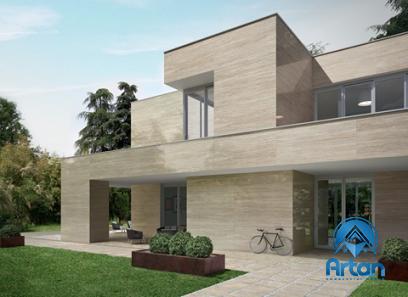
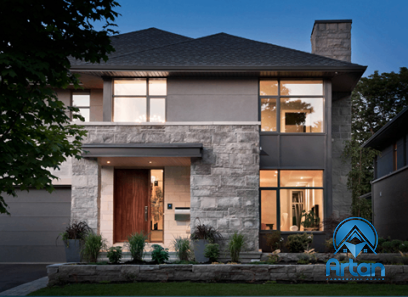
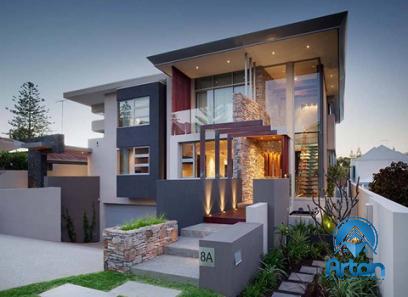
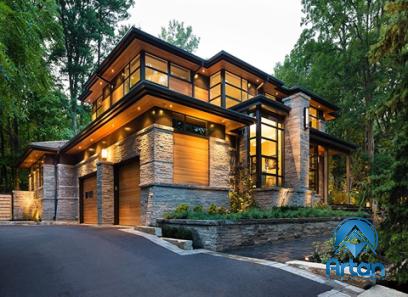

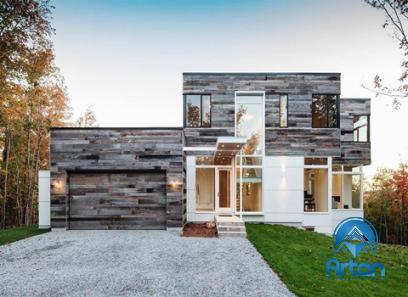
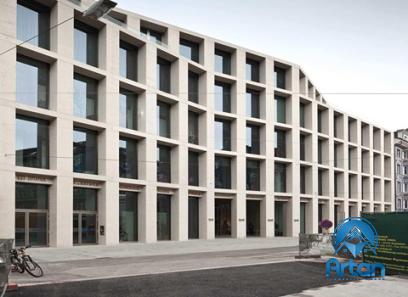
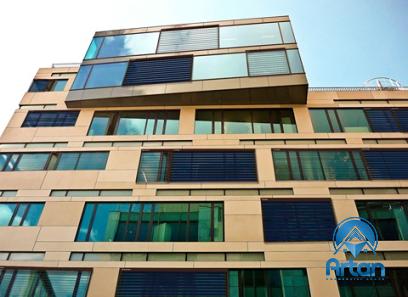
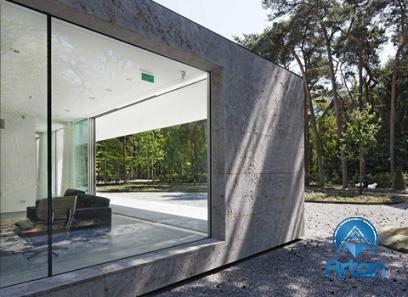
Your comment submitted.